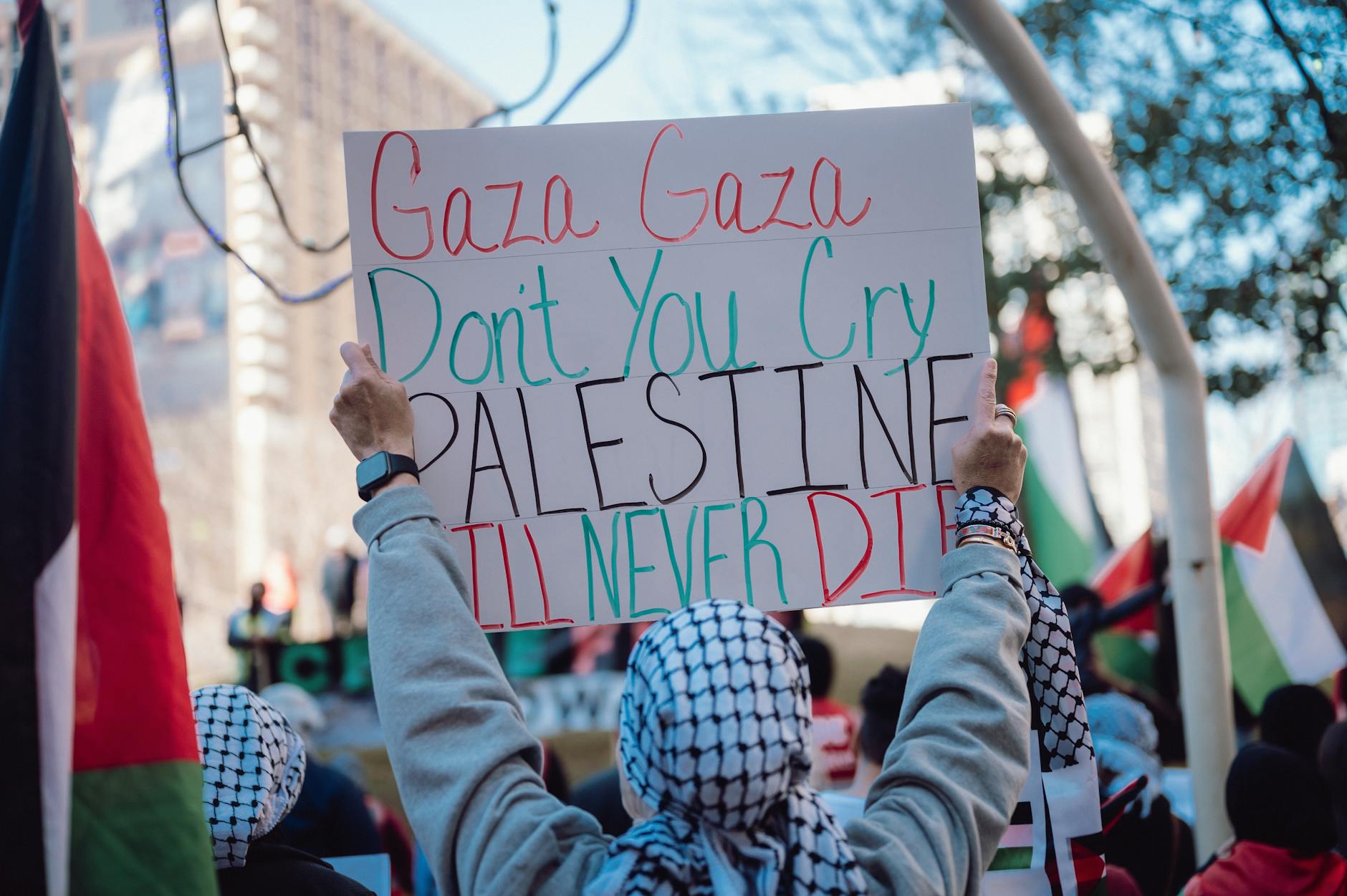A collective noun represents a group of individuals acting as a single unit. When referring to people, these nouns help convey unity, organization, and shared purpose while maintaining linguistic elegance.
Common Collective Nouns for Professional Groups
Business and Management
The corporate world employs several specific collective nouns to describe various professional groupings[1]:
- Board: A collection of directors or advisors
- Staff: Employees of an organization
- Faculty: Educational professionals
- Crew: Workers on a specific project or vessel
Example: “The board of directors met yesterday to discuss the company’s future strategy”[2].
Entertainment and Arts
The creative industry uses distinct collective nouns for different performer groups[1]:
- Cast: Actors in a production
- Orchestra: Musical performers
- Choir: Singers
- Troupe: Dancers or actors
Example: “The cast of actors delivered a stunning performance on opening night”[4].
Social and Community Groups
Formal Gatherings
These collective nouns describe organized assemblies of people[3]:
- Assembly: Formal gathering
- Congregation: Religious gathering
- Council: Administrative or advisory group
- Panel: Group of experts
Example: “The congregation stood in silence during the prayer”[2].
Informal Groups
For casual collections of people, these terms are commonly used[5]:
- Crowd: Large gathering
- Gang: Informal group
- Party: Social gathering
- Bunch: Casual group
Example: “A crowd of spectators gathered around the street performer”[4].
Professional and Academic Groups
| Group Type | Collective Noun | Example Usage |
|---|---|---|
| Legal | Bench | A bench of judges |
| Academic | Faculty | A faculty of professors |
| Medical | Team | A team of surgeons |
| Military | Squad | A squad of soldiers |
Military and Law Enforcement
Military Units
Military organizations utilize specific collective nouns to denote different unit sizes and specializations:
- Platoon: Small military unit
- Squadron: Air force unit
- Fleet: Naval vessels and personnel
- Battalion: Large ground force unit
Example: “The squadron of pilots completed their training mission successfully”.
Law Enforcement Groups
Police and security forces employ distinct collective terms:
- Force: Police organization
- Detail: Security group
- Unit: Specialized team
- Task Force: Special operations group
Example: “The police force mobilized quickly in response to the emergency”.
Sports and Athletics
Team Sports
Sports utilize various collective nouns depending on the activity:
- Team: General sports group
- Squad: Selected players
- Lineup: Active players
- Roster: Listed team members
Example: “The soccer team celebrated their victory with their supporters”.
Educational Groups
Academic Settings
Educational institutions use specific terms for different groups:
Table: Common Educational Collective Nouns
| Group Type | Collective Noun | Context |
|---|---|---|
| Students | Class | Learning group |
| Teachers | Faculty | Teaching staff |
| Researchers | Team | Research group |
| Administration | Board | Management |
Example: “The class of graduates received their diplomas during the ceremony”.
Cultural and Social Gatherings
Family and Relationship Groups
Family-related collective nouns describe various familial connections:
- Family: Related individuals
- Clan: Extended family group
- Dynasty: Generational family line
- Household: Cohabiting family unit
Example: “The clan gathered for their annual reunion at the ancestral home”.
Social Events and Functions
Different social occasions warrant specific collective terms:
- Party: Celebratory group
- Audience: Performance viewers
- Congregation: Religious assembly
- Gallery: Art viewers
Example: “An enthusiastic audience of fans attended the concert premiere”.
Professional Organizations
Business Structures
Corporate entities use specific collective nouns to define organizational hierarchy:
Table: Business Group Classifications
| Level | Collective Noun | Function |
|---|---|---|
| Executive | Board | Decision making |
| Management | Team | Implementation |
| Workers | Staff | Operations |
| Support | Crew | Assistance |
Government Bodies
Political and administrative groups have their own collective designations:
- Parliament: Legislative body
- Cabinet: Executive group
- Senate: Upper house
- Council: Administrative body
Example: “The cabinet of ministers convened for an emergency session”.
20 Example Sentences with Bold Elements
- “The jury of citizens deliberated for six hours before reaching a verdict”.
- “A panel of experts discussed climate change solutions”.
- “The band of musicians performed at the city square”.
- “A flock of tourists visited the historic monument”.
- “The committee of volunteers organized the charity event”.
- “A delegation of diplomats arrived for the summit”.
- “The crew of firefighters responded to the emergency”.
- “A team of researchers published their findings”.
- “The board of trustees approved the new budget”.
- “A gang of friends met at the local café”.
- “The assembly of delegates voted on the resolution”.
- “A troupe of dancers performed at the festival”.
- “The faculty of professors attended the academic conference”.
- “A crowd of supporters cheered for their team”.
- “The squadron of pilots completed their formation”.
- “A choir of singers performed the national anthem”.
- “The cast of performers took their final bow”.
- “A brigade of workers repaired the bridge”.
- “The panel of judges evaluated the contestants”.
- “A fleet of sailors returned from their mission”.
Key Takeaways
Understanding collective nouns enhances communication precision and adds sophistication to language use. These terms vary based on context, formality, and the specific group being described. Proper usage requires attention to subject-verb agreement and consideration of whether the group acts as a single unit or as individuals.
Grammar Considerations
When using collective nouns, consider whether the group acts as a unit or as individuals:
- Unit: “The team is practicing today”.
- Individuals: “The family are all going their separate ways”.
“Collective nouns are essential tools in precise communication, allowing us to convey complex group dynamics with single, powerful words”.
Citations:
[1] https://byjus.com/english/collective-nouns/
[2] https://www.gingersoftware.com/content/grammar-rules/nouns/collective-nouns
[3] https://www.geeksforgeeks.org/collective-nouns/
[4] https://promova.com/english-grammar/collective-nouns-for-people
[5] https://www.yourdictionary.com/articles/collective-nouns-people
[6] https://www.scribbr.com/nouns-and-pronouns/collective-nouns/
[7] https://www.myessaywriter.ai/blog/parts-of-speech/collective-nouns
